Market Trends
Key Emerging Trends in the Automotive Capacitors Market
Major trends in the Automotive Capacitors Market have emerged while growing significantly for the past several years as a result of evolution observed already being an integral part of the automotive sector. Capacitors serve as part of modern automotive electronics playing significant roles from ignition systems to power electrification and their market demand is strictly dependent on the general market infrastructure. One of the main lines in this sphere is emergence of new electronically advanced functions for modern cars. Rapid penetration in the automotive industry of new trends such as electric and hybrid vehicles, advanced driver-assistance systems (ADAS) and infotainment technologies played a significant role in boosting the demand for capacitors thus causing their marked consumption. The advent of the auto-volution based on an electric vehicle (EVs) has signified as among the primary demands its markets besides in automotive capacitors sector.
The green mobility and the revolution of the electric powertrain are expected to fuel the demand for energy storage in the automotive industry. Most importantly, capacitors, and particularly in the form of supercapacitors are playing an ever more important role for EVs. With their capacity to deliver lateral energy that can be temporarily stored and then actively returned, they are perfectly suited for applications of regenerative braking and sudden bursts of speed stimuli. As a result, the automotive capacitors show high demand; this trend also shows how broader trends towards electrification in different sectors. In the field of automotive transportation, an important market trend is towards lighter and portable designs. So, the quest to develop efficient and higher quality capacitors is rising as automakers now demand smaller, lightweight electronic components such as capacitors with better power efficiency. Manufacturers are working towards producing the low-cost and high-efficiency capacitors that are small in size and weight.
This mastermind mirrors the vehicle industry’s unrelenting attempt to integrate innovative ideas that improve the performance of vehicles while complying with the strict regulatory framework. The automotive industry’s incessant demand for building connectivity features and autonomous driving functions have also pushed the capacitors market demands to morph. State-of-the-art driver assistance systems and self-driving vehicles depend strongly on complex sensor technologies, radar devices, and communication modules, where accurate capacity components are needed. The automotive sector is transforming gradually into more connected vehicle with the ability to process a huge amount of data in real-time, hence piling up immense demand for superior capacitors holding higher capacitance and energy density.

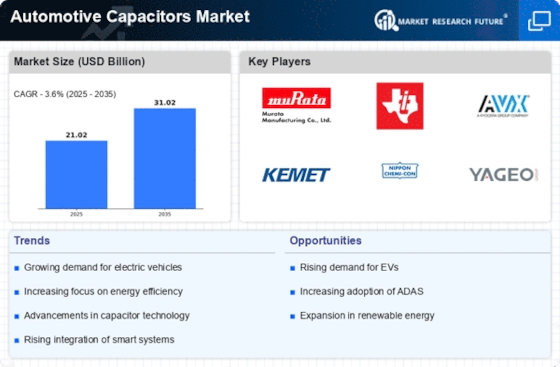
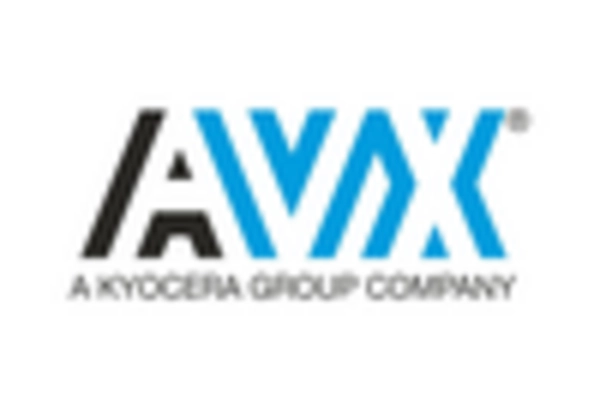
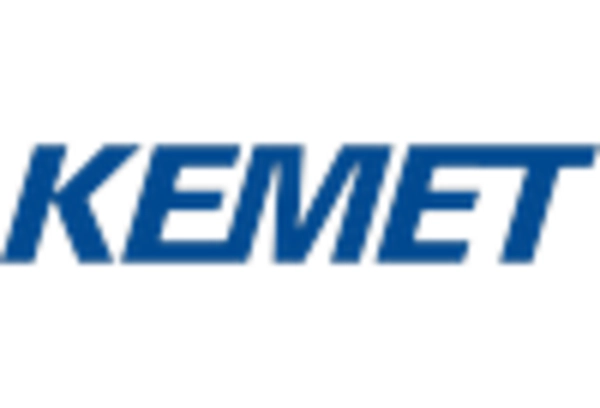
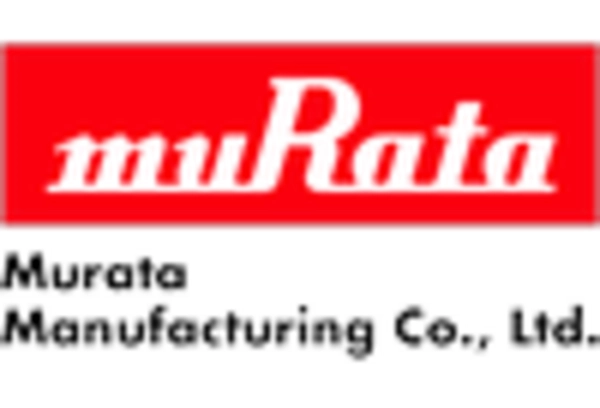
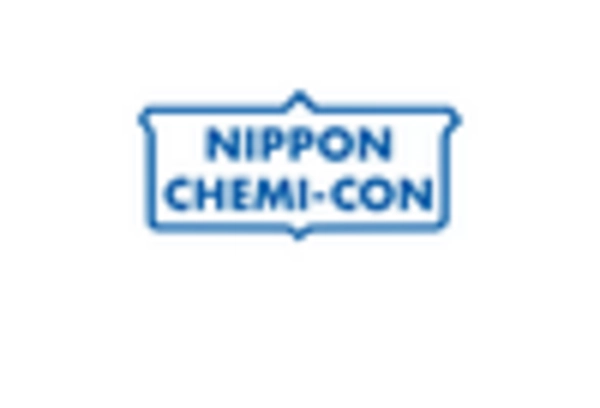

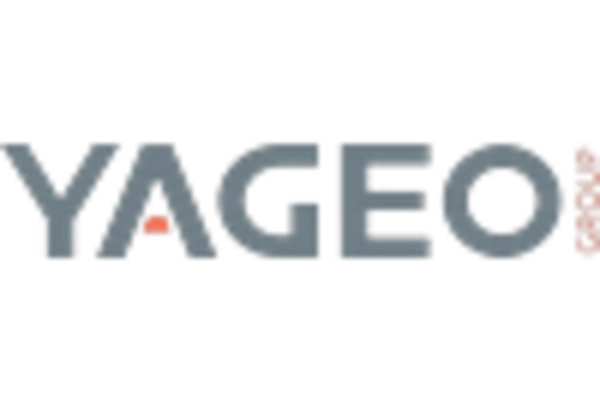









Leave a Comment